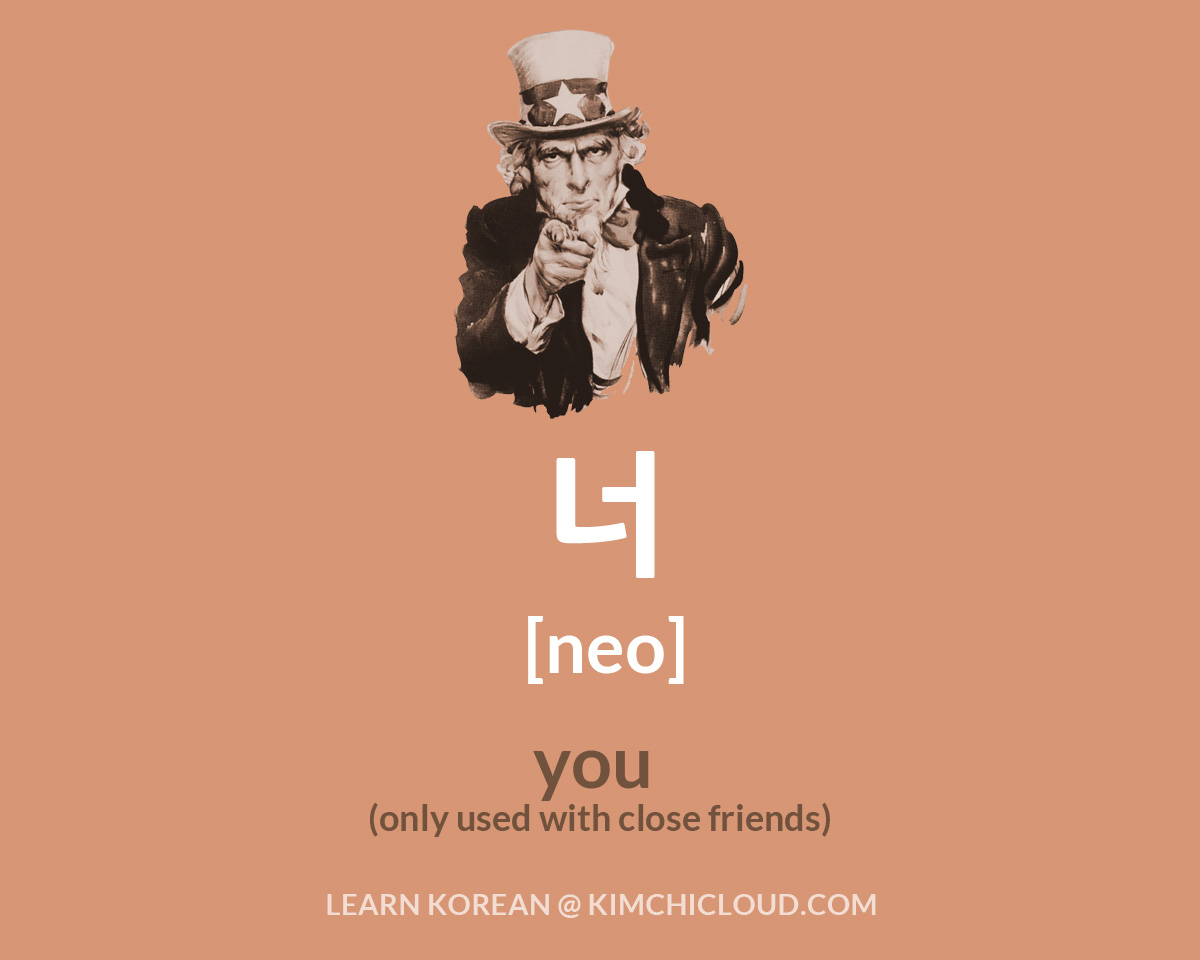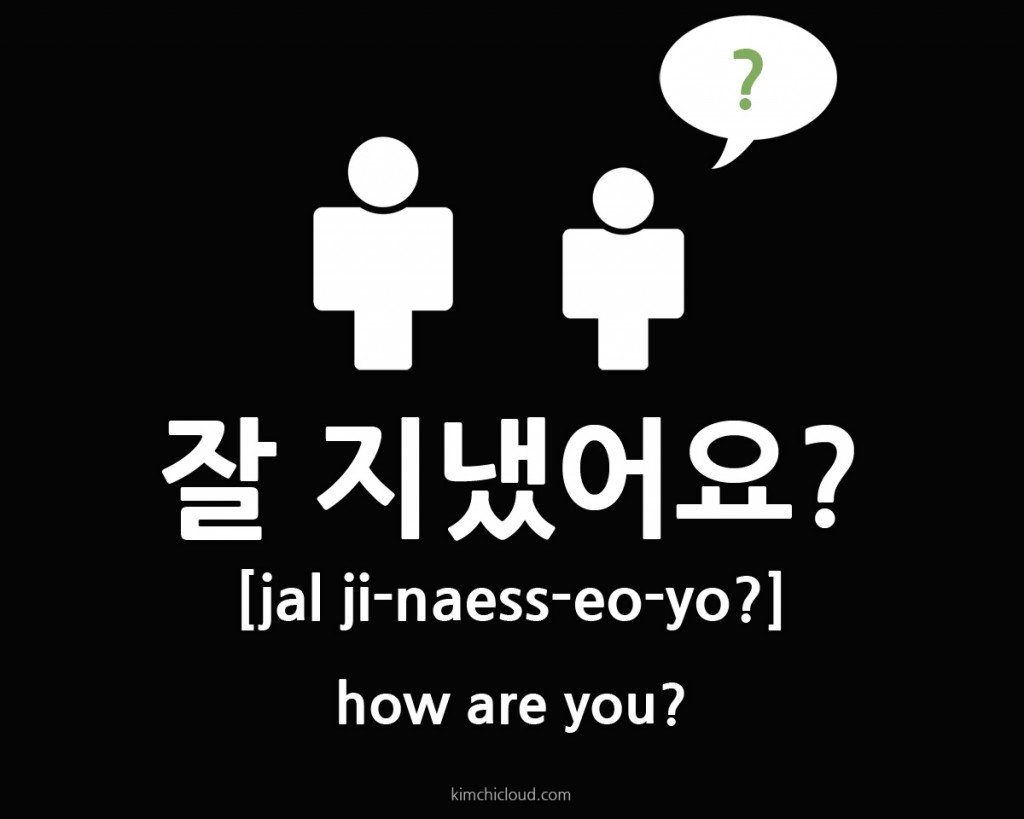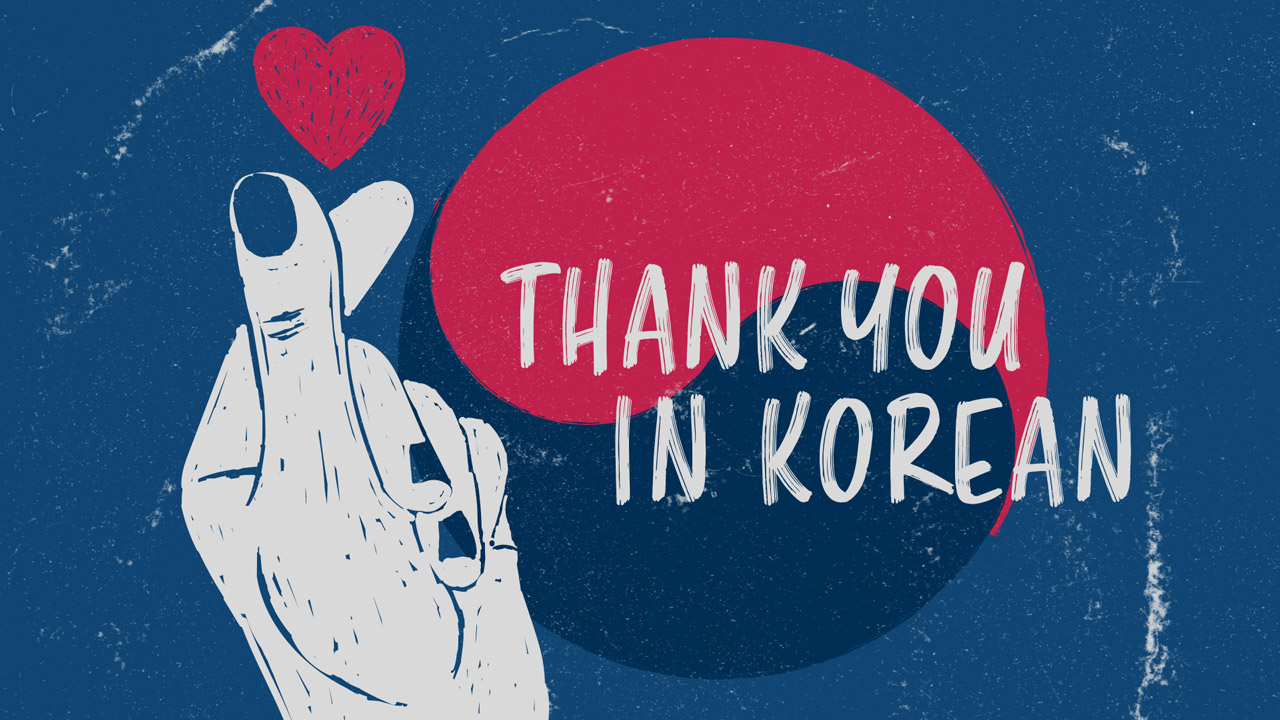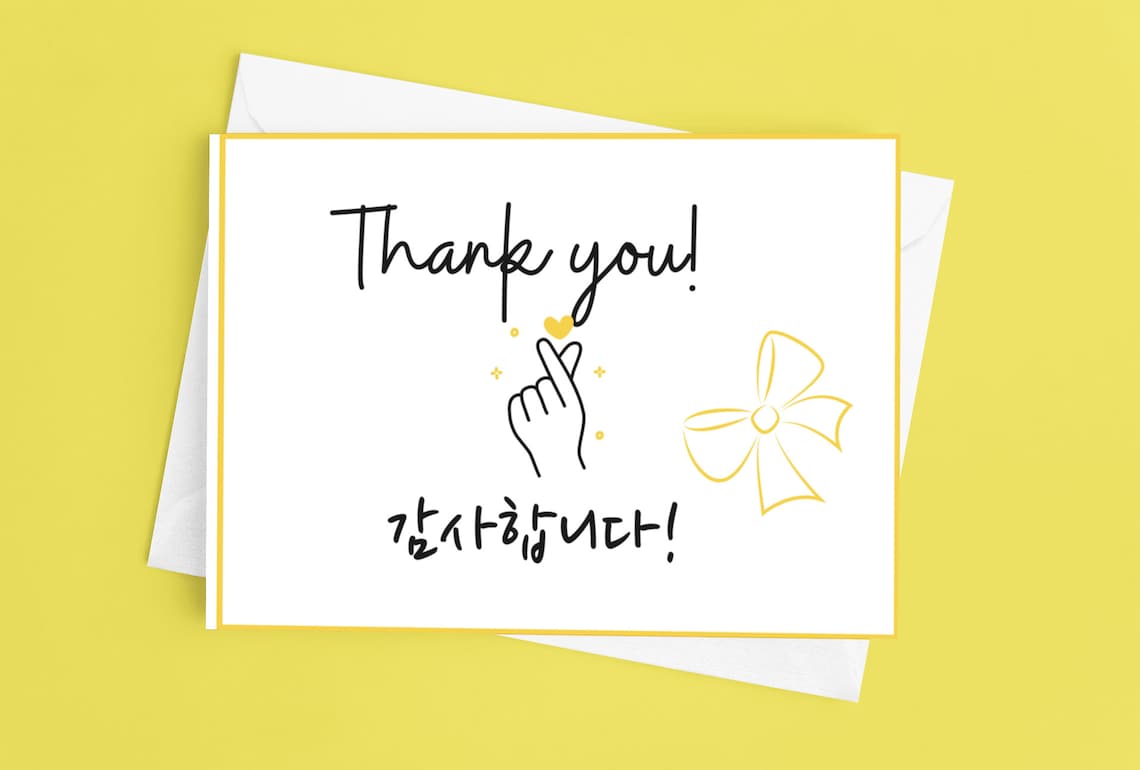
How to Say "You" in Korean Kimchi Cloud
When saying goodbye in Korean (Formal), you have to take into account who is leaving and who is staying. If you are the one leaving, use (1) - roughly translated as "Stay well!" . If you are the one staying and the other person is leaving, use (2) - roughly translated as "Go well!". (Formal) (1) 안녕히 계세요!

나 너 좋아해 How to Say “I Like you” in Korean Kimchi Cloud
in Korean - YouTube © 2023 Google LLC Asking "how are you" is a great way to start a conversation with someone.In Korean, there are several ways to say "how are you". It is usually.

잘 지냈어요? How are you? in Korean Kimchi Cloud
The closest translation to 'How are you?' in Korean is '잘 지냈어요?'. This is made up of the '잘' which means 'well' and the verb '지내다' which means 'to live/stay in a certain state or condition'. So, '잘 지냈어요?' literally means 'Have you stayed well?' / 'Have you lived well?'. As you can.
-P1.jpg)
Be with You (Korean Movie) AsianWiki
Apr 15, 2017 Share Hello guys! This is Sunny. How are you doing? The weather is so nice, right? It's spring in Korea now. Yay!!! But…Korean university students are busy studying for the.

Kim So Hyun 김소현 2023's Dramas IS IT FATE? & USELESS LIES
Whether you're greeting people, asking for directions, seeking a vegetarian menu, or offering an apology, this language guide provides a plethora of practical phrases that will not only assist you in navigating daily situations but also open doors to authentic experiences, allowing you to connect with the vibrant vibe of Korea.

Learn How to Say "Thank You" in Korean (Master Your Manners)
Imagine yourself walking down the streets, and you suddenly saw a friend you haven't seen for a long time. Don't you want to ask them "How are you in Korean?" 잘지내셨어요? (jalji naesyesseoyo). Asking…

I Miss You Korean Drama AsianWiki
오랜만이에요 ( o-raen-ma-ni-e-yo) - Long time no see. Just like in the English language, Koreans say "long time no see" when greeting someone they haven't seen in a long time. 오랜만이에요 ( oraenmanieyo) is another way of saying "how are you" in Korean, albeit in a friendly manner. 오랜만이야 ( oraenmaniya) is its.

Korean Quotes In English Free Image Download
Full Playlist: https://www.youtube.com/playlist?list=PLLALQuK1NDrima4SHUonNNHJwPplAtiY8--Watch more How to Learn Korean videos: http://www.howcast.com/videos.

Viki Kdramas Lee Honey Ha Nui Korean Miss Korea Actress Hancinema 이하늬
1. How are you? This is the most basic way to ask how are you in Korean. Do you see the "yo" at the end of the first example? Sentences written in formal speech often end with ~요(yo). That's something you should remember. Now, let's break these phrases down. Here are the words you should know.

2 Korean Thank You Cards Kpop Thank You Card Kdrama Thank Etsy
There are several ways to say "How are you?" in Korean, and they're not necessarily direct translations of the English version. These include the following: 잘 지내셨어요? (jal jinaesyeosseoyo) 어떻게 지내셨어요? (eotteoke jinaesyeosseoyo) 잘 지냈어요? (jal jinaesseoyo) 잘 있었어요? (jal isseosseoyo) 어떻게 지냈어요? (eotteoke jinaesseoyo) 잘 지냈어? (jal jinaesseo)

March 11, 2013 Prophecy Woe to you, Korea! Evangelical Endtimemachine
By the end of this lesson you'll know the formal and informal ways to ask people how they are to ensure you make a good first impression. And just in case you need to apologize… you'll learn how to say sorry in Korean as well! Resources for further reading: Learn Korean online the simple way; Top 10 hacks to help you learn Korean efficiently

Good People, I Love You, Korea, Produce, Amor, Te Amo, Je T'aime, Love
Important: "An-nyeong" can also be used as an informal way of saying "goodbye". 3. 안녕히 계세요 Goodbye (when you're leaving) There are two ways of saying bye in Korean, and this one is used when you're the one who's leaving. When you are leaving the place, you say 'an-nyeong-hi gye-se-yo' to the person who's staying. 4.

"Korean heart fingers. Korean love sign" Art Print for Sale by
2 Alternative ways to ask the question. 2.1 "Which country are you from" in Korean. 2.2 "Where is your hometown" in Korean. 2.3 "Where are you" in Korean. 3 "I am from" in Korean. 4 "What is your nationality" in Korean. 5 A word of caution about Romanization. 6 Sample Dialogues. 7 Wrap Up.

saranghaeyo hangul
Google's service, offered free of charge, instantly translates words, phrases, and web pages between English and over 100 other languages.

Should You Teach in Korea? Learn Korean with Fun & Colorful
Korean locals are super forgiving to any foreigners on this. But to be extra safe and avoid any potential discontent - pay attention to the polite versions of words and phrases when you start learning Korean. Before declaring any Korean greeting (인사: insa) - take a minute to sum up the situation and decide.

Be With You
Whether you want to understand basic words in K-pop or K-dramas, impress your Korean friends, or simply deepen your connection to the Korean culture, the Korean Language Starter Pack ensures that you quickly learn and retain the most commonly used Korean words and phrases today. Click here to learn more.